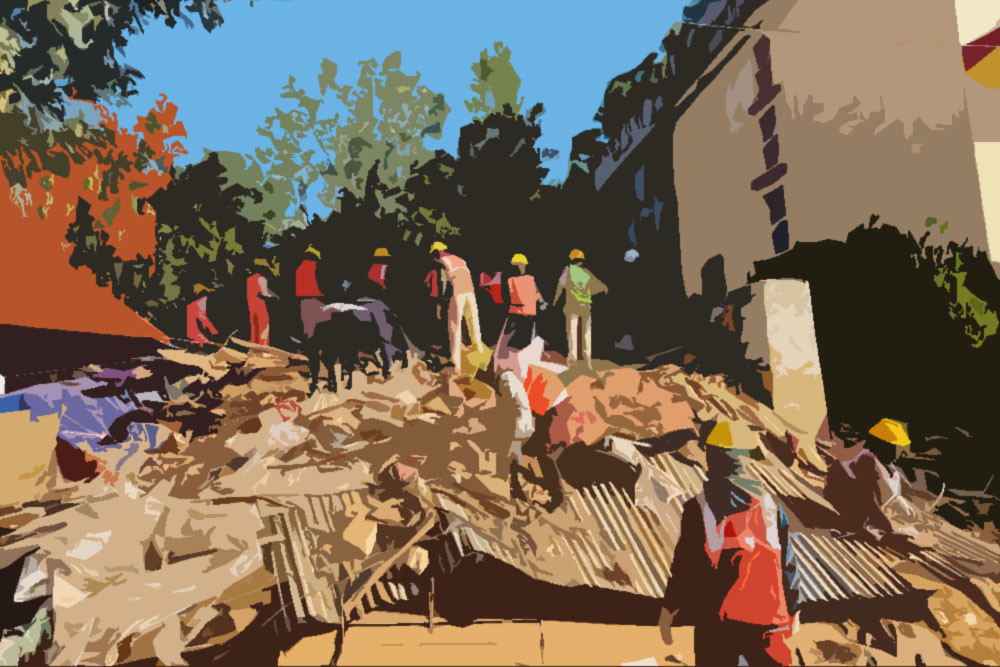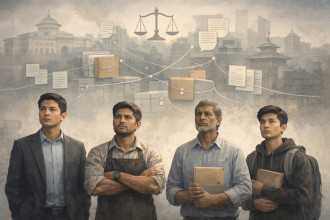
Every time a disaster occurs, we are faced with our own incompetence in managing it. The earthquake in Jajarkot garnered immediate attention in the midst of festivals but soon the attention faded.
Media blurbs and social media statuses were filled with who donated how much, but the fact remains that days after the incident and the subsequent aftershocks, people are dying of cold. They have lost their homes and the attention of the authorities.
Loss of lives, fear of aftershocks, homelessness, merciless weather and dwindling resources... A child was born in the toilet, a 21-year-old was raped, 12 people died of cold at the time of writing this piece... Jajarkot is in a trauma crying silently for help. Lest we forget, today it is Jajarkot and Rukum, tomorrow it could be Kathmandu.
Millions have been received in foreign aid for relief and recovery. There are NGOs and INGOs who are supposedly working on their areas of expertise for relief, the army has been mobilised and above all, young groups of social volunteers are working on the ground. Yet, it isn’t enough. Does this not scream of the lack of a disaster relief operations system?
We live in an active seismic zone. But my heart trembles more at the uninspired mindset that has infested the government mechanisms. I am apprehensive about the concept of CSR in the private sector. Advertisements are released, corporate entities stand with the prime minister or ministers handing over cheques. Grief and loss are not for sale. Our culture and traditions teach us that when you give to those in need, the left hand should not know what the right is doing. The impact of your giving must advance good work, not be seen or intended as a tool of manipulation for favours or recognition.
Authorities already know after the devastating earthquake of 2015 that disaster management cannot start after disaster hits. There has to be preparedness for better outcomes and immediate and effective response. There is a Disaster Risk Reduction and Management Act, and like with most other things we have a policy in place but we repeatedly fail when it comes to implementation. Why?
Why are we as a society becoming numb to tragedy that can be averted? Why is the narrative repeatedly the same? Why does our geography decide the level of response and attention we deserve? If public safety is a personal responsibility, then what is the role of government?




-1763289082.png)
